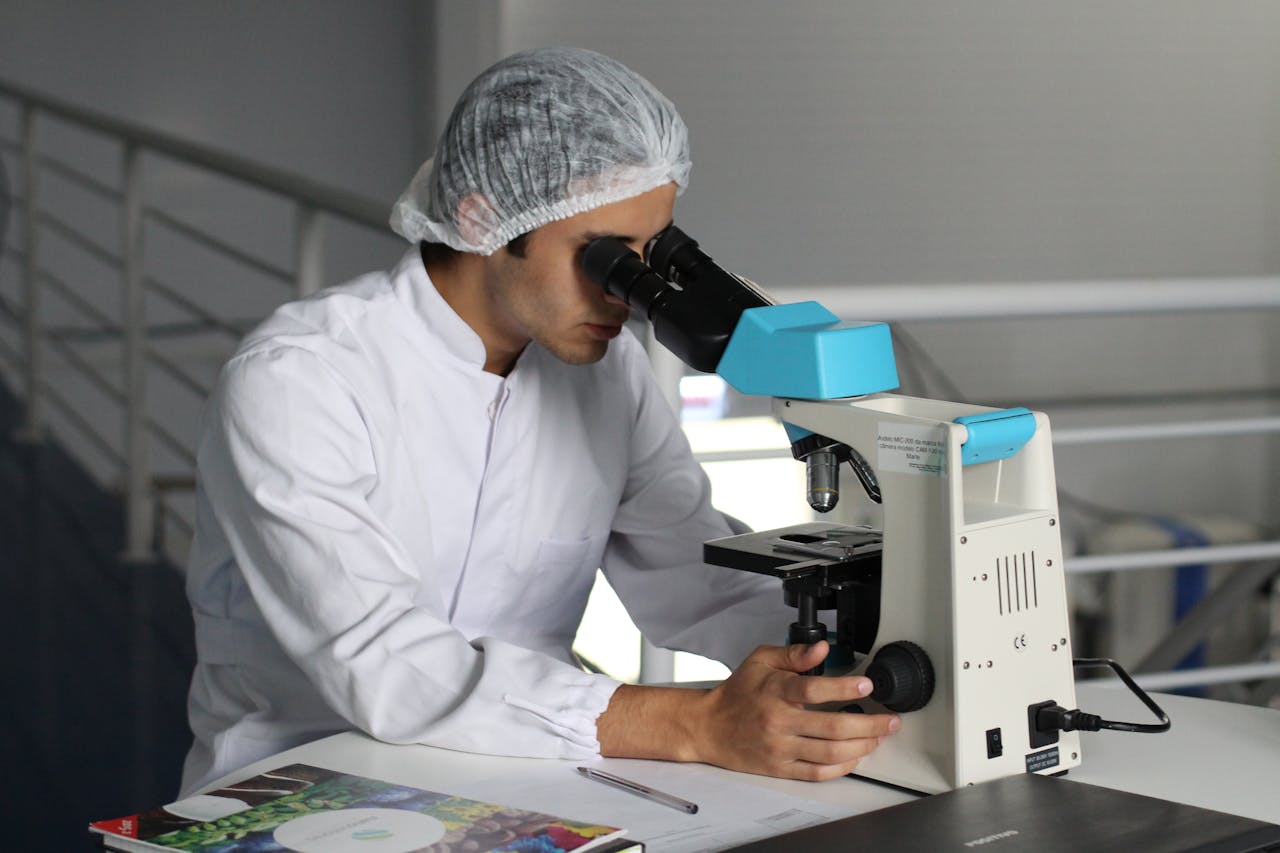The Importance of Sperm Genetics Testing
The Role of Genetics in Sperm Donation
Did you know that a donor’s genetic makeup can affect a child’s health, looks, and personality?
Genes are segments of DNA located on chromosomes. They determine everything from eye color to susceptibility to certain diseases.
This article explains why sperm genetic testing matters in sperm donation.
Partner with Donate Sperm to help create a brighter future for families in need. Apply today to see if you qualify!
Understanding Genetics in Sperm Donation
The sperm donor’s genetic material combines with the recipient’s in the egg. This creates a unique genetic blueprint for the child. This combination determines physical traits like eye color, hair color, and height. It also influences potential inherited conditions and traits.
Genetic testing identifies hereditary conditions and genetic anomalies that can be passed to offspring. It helps detect various genetic disorders like cystic fibrosis, sickle cell anemia, and certain chromosomal abnormalities. Additionally, it assesses carrier status for specific diseases. A donor may not show symptoms but could carry risk genes that, when combined with the recipient’s genes, could trigger a dormant disease. This information enhances matchmaking and reduces the risk of inherited conditions.
The Genetic Screening Process
At Donate Sperm, we test the quality of the sperm, only accepting samples with sperm count and motility that are above the average numbers. If your sperm doesn’t qualify for our program, it doesn’t mean that your sperm count is too low and you can’t conceive children. Motility rates can change based on different factors, some of which are outside of your control like extreme temperatures or if you have been more sexually active recently.
Donor Screening and Evaluation
Each donor undergoes a thorough sperm genetic testing process:
- Medical History Questionnaire (MHQ): We ask detailed questions about your health status and family medical history.
- Semen Sample Analysis: We analyze sperm count, volume, and motility. We evaluate donation quality through these factors.
- Donor Coordinator Interview: We discuss your personal and family medical history.
- Background Check and Education Verification: We verify your background and educational history.
- Lab Testing and Physical Exam: Our physicians conduct lab tests and physical examinations.
- Psychological Assessment: We perform a behavioral analysis, a psychosocial evaluation, and a risk assessment.
- Blood and Urine Samples: Our lab professionals collect samples during pre-screening. We also collect them periodically throughout continued sperm donation.
Common Genetic Tests for Sperm Donors
- Cystic Fibrosis (CF) Screening: CF affects the lungs and digestive system. Identifying CF gene carriers helps prevent the disease in offspring.
- Karyotype Analysis: This test examines chromosomes. It detects abnormalities like Down syndrome, Turner syndrome, and Klinefelter syndrome. A normal karyotype ensures healthy embryonic development.
- Spinal Muscular Atrophy (SMA) Screening: SMA causes muscle weakness and atrophy. Donor screening identifies gene carriers, reducing the risk of passing on the disease.
- Fragile X Syndrome Testing: Fragile X causes inherited intellectual disability and autism spectrum disorder. Testing identifies carriers, reducing the risk of passing it on to future children.
- Hemoglobinopathies Screening: Disorders like sickle cell anemia and thalassemia affect red blood cells. Screening ensures donors do not carry these genes, lowering the risk of passing them to offspring.
Criteria for Genetic Testing
Prospective donors must provide detailed medical background information. This includes data about close and extended family. They must disclose:
- Chronic illnesses
- Genetic disorders
- Mental health conditions
- Lifestyle-related diseases
The goal is to identify any hereditary conditions. This ensures they are not carriers of genetic mutations.
An ideal sperm donor candidate has:
- Healthy medical history
- Strong educational background
- Good physical shape
- Aged between 18-40
- No history of substance abuse
Benefits of Genetic Screening
Sperm genetic testing offers significant benefits in sperm donation. It ensures the health and well-being of the offspring.
Health
Genetic screening protects the future health of children conceived through sperm donation. It identifies hidden genetic issues before conception. This reduces problems that might arise later in a child’s life.
Reducing the Risk of Genetic Disorders
Sperm banks perform thorough tests to identify donors with harmful genetic mutations. This process lowers the likelihood of these disorders in future generations. After the clinic vets the donor, parents can choose the one they think best fits their family. This increases the chances of having a healthy child.
Increasing Donor Compatibility
A good genetic match between the donor and recipient increases the chances of a healthy pregnancy. Genetic compatibility can be assessed by analyzing blood type, Rh factor, and HLA compatibility. They determine if the recipient’s body will accept and support the implanted embryo.
Sperm donor screening also boosts donor compatibility. It matches genetic profiles and pairs donors with complementary traits.
The result is a better chance of successful conception. It also supports healthy child development.

Apply Today to See If You Qualify for Sperm Donation
Sperm genetic testing ensures the health of future generations. The process reviews the donor’s health and family history. These steps reduce the risk of inheritable conditions. They also increase compatibility between donors and recipients.
Becoming a donor with Donate Sperm supports families’ well-being and offers financial benefits. You will receive compensation for your time and commitment. This is your chance to support future generations while earning an income.
Apply today at Donate Sperm and make a meaningful impact on many families’ lives!
